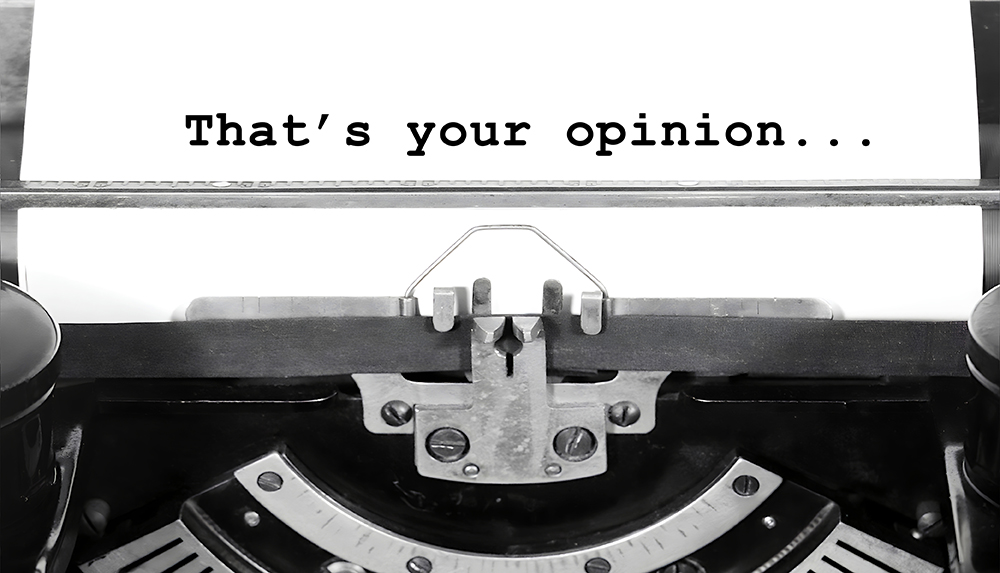How Did That Happen?

In the “That’s Your Opinion” series, we talked about how when you subscribe to a viewpoint that can’t be championed directly because of the problems that are inherent to your perspective, you can nevertheless be perceived as credible by shifting the attention away from the subject matter and instead make the conversation all about the way you’re being made to feel.
If you can successfully cast yourself as either a victim or someone who’s in pain, you’re able to avoid that line of questioning that has the capacity to reveal the flaws of your argument. Reason being is that no one can be critical of someone who’s “wounded” without being labeled cruel and intolerant.
In the absence of an objective evaluation, a genuinely ridiculous idea can be embraced as an enlightened inspiration. Not because of its intellectual merits or practical utility, but simply because of the way you’ve been able to manuever the dialog so the focus isn’t on your logic or on your actions. Instead, it’s now on your emotions and by making your sensibilities the only things that matter, you can place a restriction on any questions or comments that pertain specifically to both your thought process and your behavior. Your pain becomes your platform, the problems you create are blamed on other people and your behavior is excused rather than corrected.
You see this everywhere. It’s in the news, it’s in our society, you’ll see it in politics and you’lll see it in relationships as well.
When a person does something hurtful and you call them on it, watch to see how they respond. If they reply by apologizing, you’re dealing with an honest invididual in the context of a healthy relationship.
If on the other hand, they answer by talking more about your reaction than their behavior, that’s not someone who wants to take responsibility for their actions let alone acknowledge that they’ve done something wrong.
It’s not always obvious. You can be in the middle of telling someone that they’re wrong for what they did and suddenly you find yourself apologizing…
How did that happen?
It’s a signature strategy of someone who’s got something to hide as opposed to having something to say is to “react” to whatever correction or questions they’ve having to field by shifting the focus of the dialogue off of their behavior and instead attempt to make it into a situation where they’re being treated unfairly.
It goes back to that verse in Proverbs…
Fools mock at making amends for sin, but goodwill is found among the upright. (Prov 14:9)
You always want to be sensitive to, not just what you’re saying, but also the way you say it (Prov 25:11). But it’s not always about being more patient or more willing to forgive or even a determination to be a better communicator. This is about being wise enough to recognize a tactic if, in fact, a tactic is being used.















Leave a Reply
Want to join the discussion?Feel free to contribute!